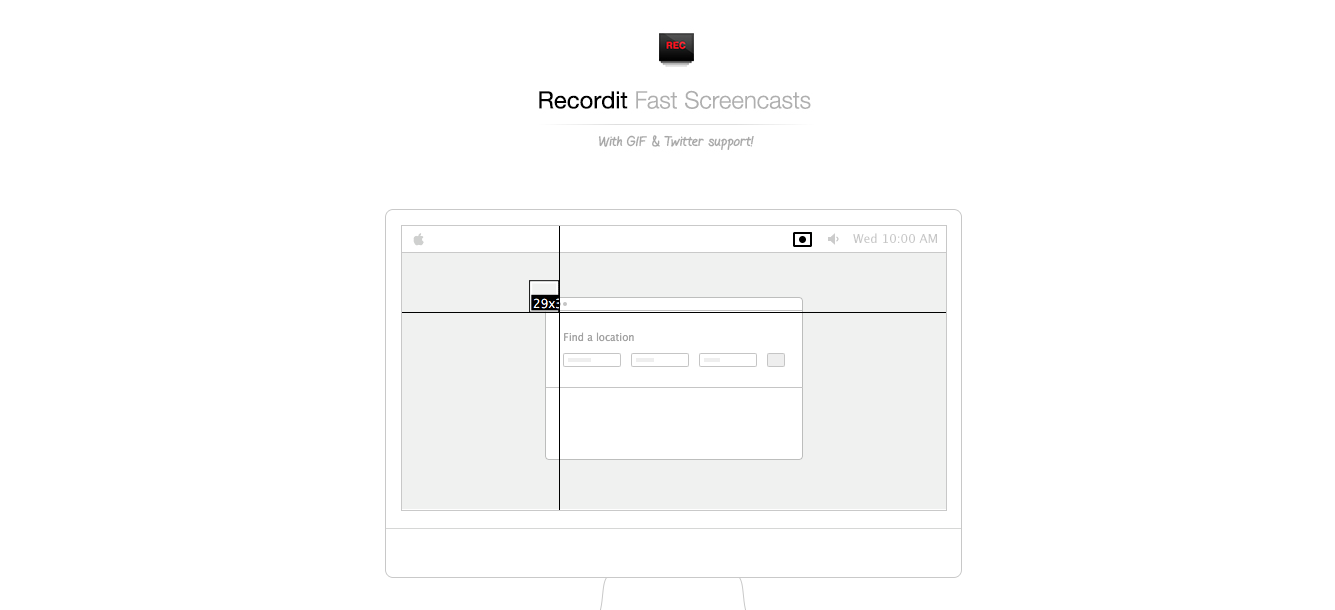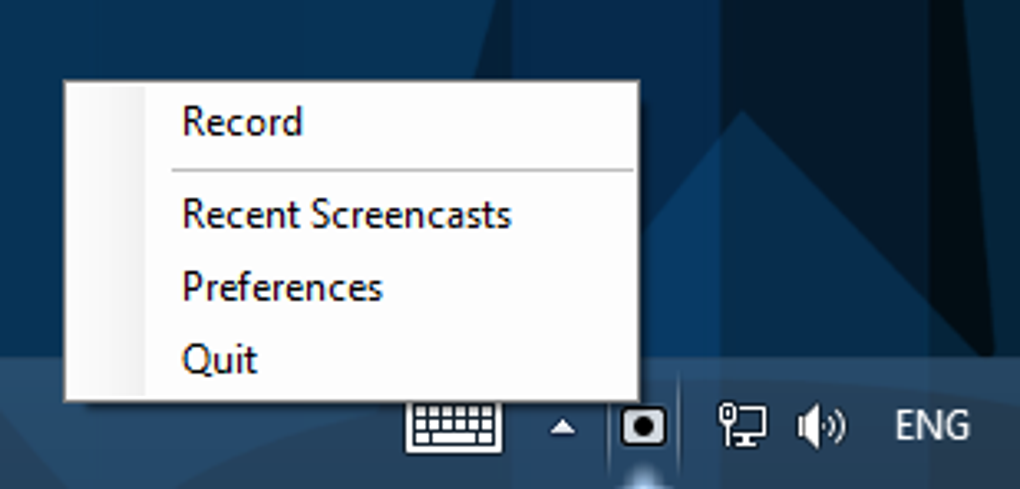

The consent of at least one party to any telephone conversation, including one transmitted by cellphone, is required to record it.

Thus, consent is not required to record conversations in public where there is no reasonable expectation of privacy. The consent of at least one party to a conversation is required to record “any oral communication uttered by a person exhibiting an expectation that the communication is not subject to interception under circumstances justifying that expectation.” Tenn. Although I use my corporate DNS servers and ISP for most of my stuff, the google DNS service is pretty good.An individual who is a party to an in-person, telephone or electronic conversation, or who has the consent of one of the parties to the conversation, can lawfully record it, unless the person is doing so for the purpose of committing a criminal or tortious act.
#RECORDIT LOCAL PC#
Lastly, if you are getting poor name resolution or lots of lookup failures from your ISP, there are loads of alternative DNS servers you can add to your router or PC to do name resolution more reliably. IPCONFIG /flushdns - this command will flush your local DNS cache and help get rid of any bad results you have stored locally NSLOOKUP - this command (when entered into a command prompt) will give you a DNS lookup for and return its ip:
#RECORDIT LOCAL HOW TO#
If you suspect an address is being cached - prove it (example - chrome fails to resolve a site name but Firefox is OK - it may be a chrome cache issue) and then google how to clear cache for that specific application. As there are billions of applications in the world, millions of which (possibly) store a DNS cache - I'm not going to start listing possible ways to flush it. Web browsers are a prime example of this. Some applications store their own DNS cache. These are typically other DNS Servers, or internet root name servers.ĭNS Namespaces - Google (particularly look at the Namespaces section) These are a list of places configured inside DNS that are used when the DNS server itself doesn't know where to get an answer from.

If your ISP DNS doesn't have the record, it will start asking it's configured roots or forwarders. Your ISP will then check its own DNS and serve a reply to your router which will serve it to you. If your primary DNS is online but doesn't have the answer, it will in turn ask it's own primary DNS (probably your ISP for most home users). If there is no reply from your primary DNS, your computer will ask it's secondary DNS (if you have one configured) and then it's third and then it's fourth. You can find your DNS server by running the following command: ipconfig /all For home users, it is most likely your router. If your machine cannot get an answer from your DNS cache, it will ask it's primary DNS server, which will in turn check it's own database and give you a reply. You can see this by opening a command prompt and running the following command: ipconfig /displaydns

Your machine will always check its local cache first to save having to ask a DNS server a question that it already knows the answer to.


 0 kommentar(er)
0 kommentar(er)
